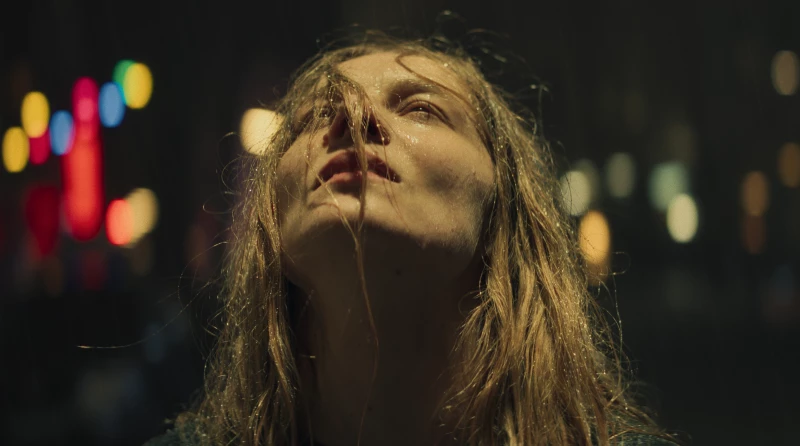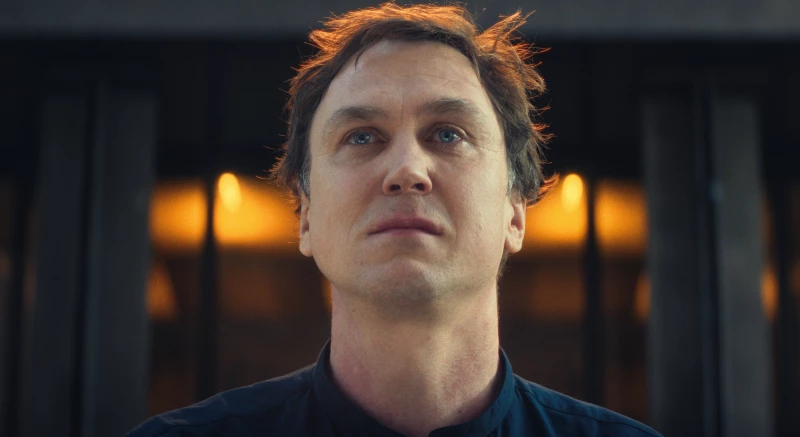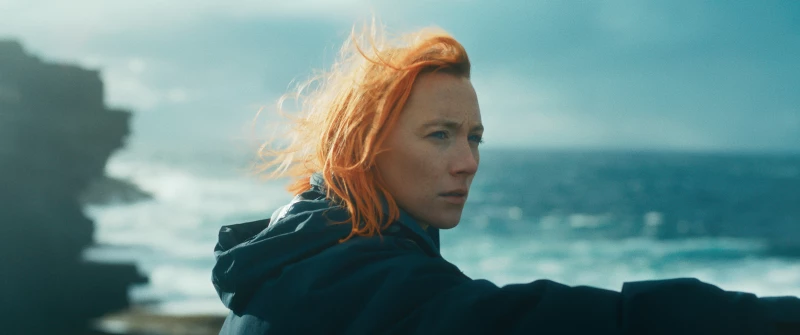
The collective memory of a queer generation
09.08.2023 | MOIN-funded VR project in Venice
From 0 to 100 in just three years: Portuguese-Brazilian VR artist and filmmaker Lui Avallos presented his VR project "Queer Utopia" at Venice Immersive as part of the 80th Venice Biennale this year. Until the coronavirus pandemic, he had little to do with VR and XR. In this interview, he reveals what has happened since then and what makes his current project so special.
How did you come into contact with VR/XR technology?
Lui Avallos: For me, the pandemic was the big driver. I had just moved from Brazil to Lisbon for my Master's degree. And when there were hardly any things to do, I was looking for something new that I could learn and do to pass the time. It had to be something complex and technological. But of course I was already interested in VR before that. I studied "Image and Sound" in Brazil and had already made films. And during my VR learning phase, I developed the project "Handwritten", which is about the pandemic and its impact on social life. The project also brought me into contact with the VR community.
Is there a large VR scene in Brazil and Portugal?
Lui AvallosThere is not a big VR scene in Portugal. So in a way, we are also trying to do some pioneering work and introduce VR technology to the art scene.
In my home country of Brazil, on the other hand, there are actually many people who are involved in VR. Brazilian artists have been successful several times at the Venice Biennale. I'm currently commuting between the two countries and will be going back to my home country for a while at the end of the year. We are making a virtual reality museum there for the Yawanawá, an indigenous people from the Amazon region. Portugal and Brazil both influence my work.
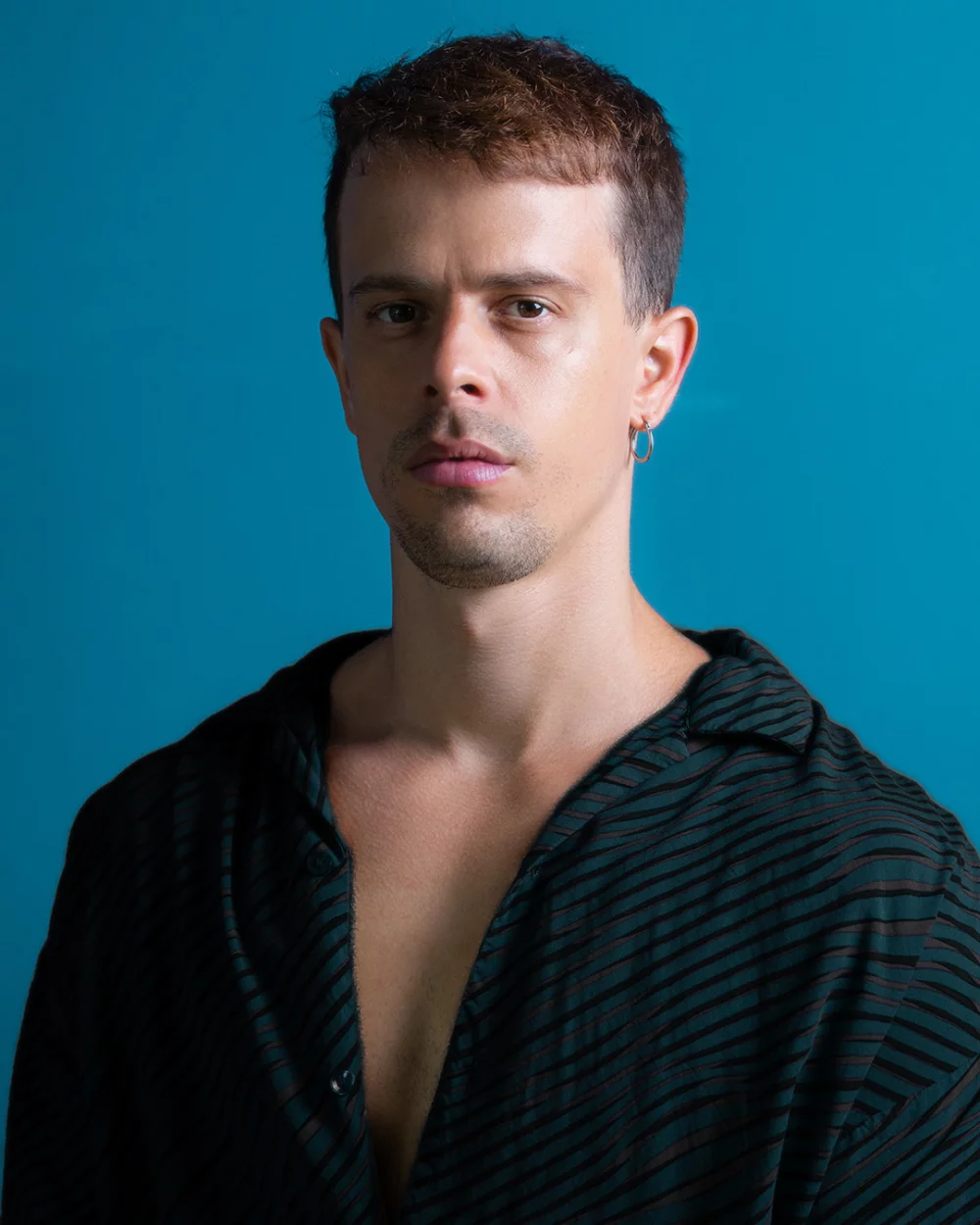
How is it that your first VR project "Handwritten" was shown at Dok Leipzig?
Lui Avallos: I just blindly applied to a few festivals. I was very unsure whether I had a chance with it. Because "Handwritten" is an essay film with 360-degree material and very experimental. DOK Leipzig is a great festival - and the Xr section is one of the most exciting ones out there at the moment. All of this happened in October 2021 during the pandemic. So it was a bit strange to be in a room with several people all wearing VR headsets. For me, it was the first festival I took part in with one of my works.
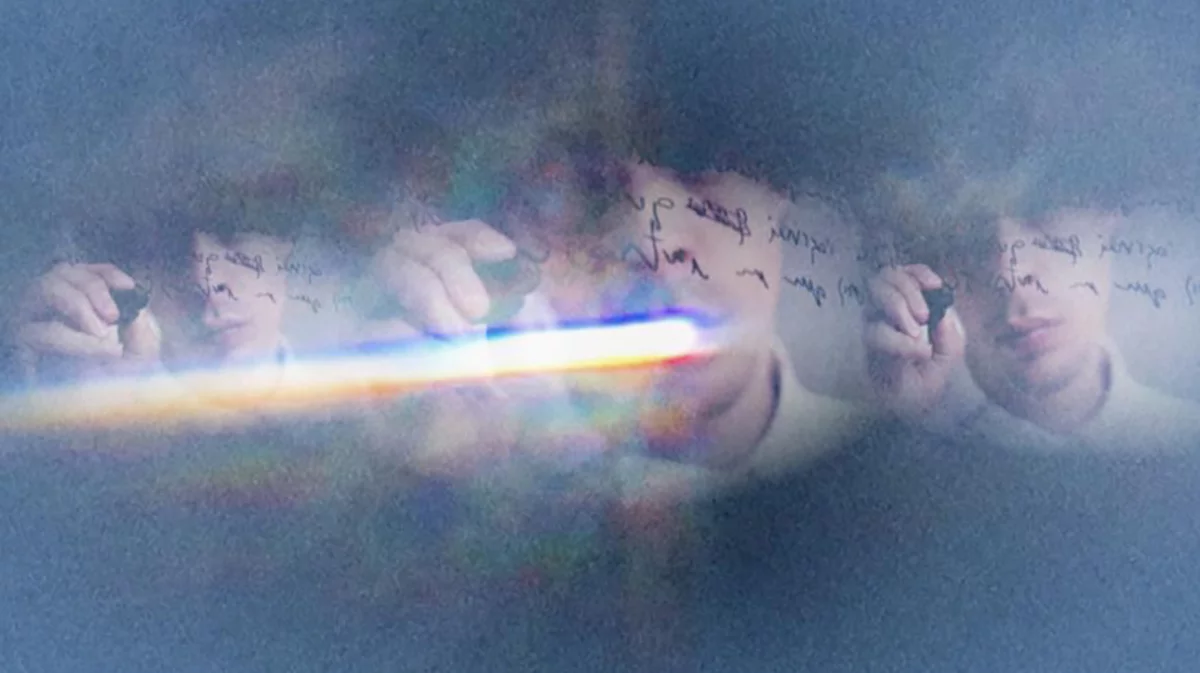
How did you come up with the idea for "Queer Utopia" and what was the biggest challenge during its development?
Lui AvallosThe initial inspiration for the project came from the photos of American photographer Alvin Baltrop. In the 70s and 80s, he photographed a lot in the "cruising areas" on the Hudson River in New York - the remote and dangerous places where queer men met for anonymous sex. But it also became an avant-garde place for artists. In a way, the cracks in the facades of the houses in his photos also represent the cracks that have gone through society. And I wanted to take all of that and put it into a VR world. Because VR allows for an immersive feeling. At first it wasn't supposed to be an interactive piece, but a very essayistic video. The first treatment was selected for the Biennale College in Venice. The residency is very intensive and also market-orientated - with experts from very different genres. I realised then that I was perhaps thinking too niche. I had a specific topic - not all non-queer people can relate to "cruising". Then the generational aspect slowly came into play.
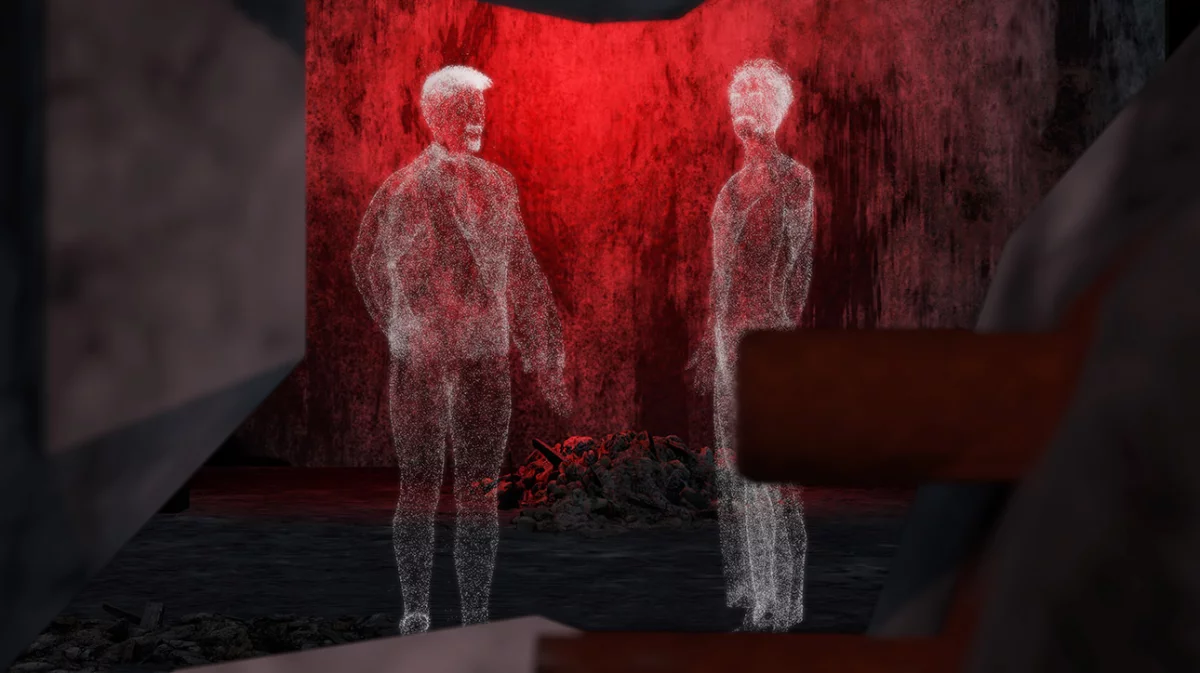
In which direction did the project then develop?
Lui AvallosWe started interviewing queer men over 60 about their experiences with cruising. Over time, the focus shifted somewhat. I was less interested in cruising and more interested in the people and their personal stories about that time. Because that was the generation that fought for the rights of queer people. And they will soon be leaving us. There will be a generation gap between my queer generation and the queer generation of people who lived back then. So the cruising theme was just the introduction to a much bigger story that will appeal to a wider audience. The main character Gabriel represents the collective memory of this generation.
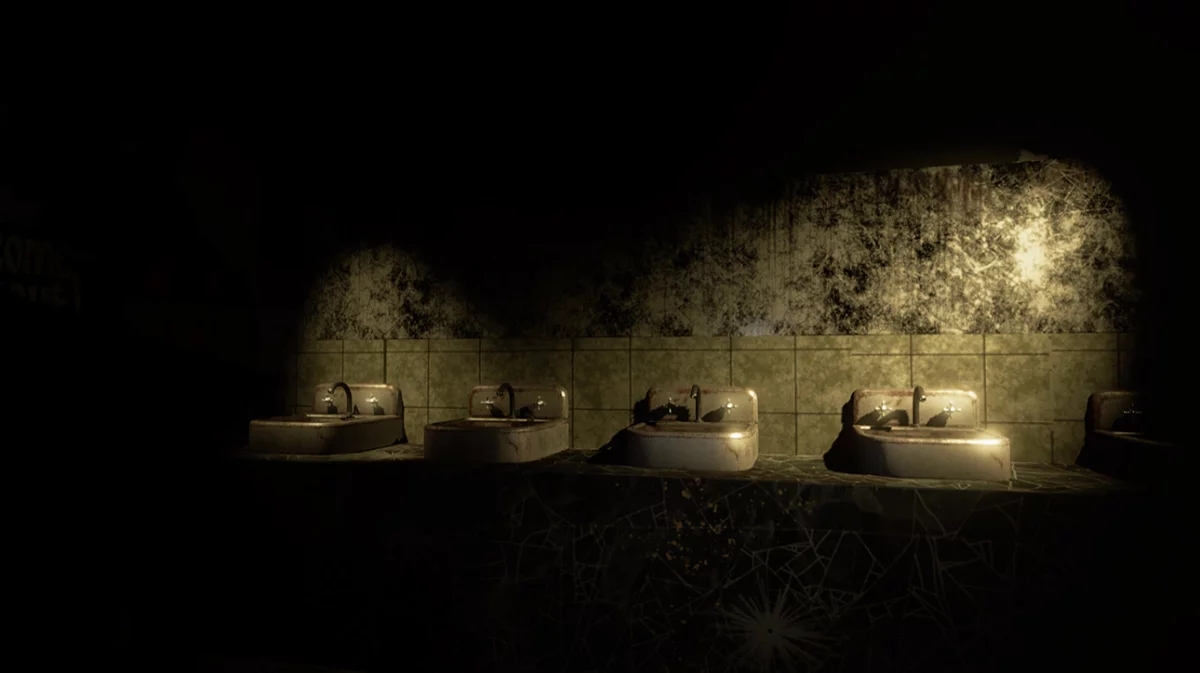
Was it difficult to find men who wanted to tell you their story?
Lui AvallosIt wasn't difficult to find these people. I spoke to friends, and they in turn asked friends. They were pleasantly surprised that I, as a young, queer person, wanted to hear their story. They started a movement back then and their stories are very precious - I wanted to preserve them for future generations.
You won the "XR Pitch Battle" organised by MOIN Film Fund last year with Queer Utopia. Where did you hear about the contest and how important was the 10,000 euros in prize money for you?
Lui AvallosI learnt about the XR Pitch Battle from our Head of Development, who is very active in the XR community. MOIN's resources were important for us to get the project off the ground and ensure we could hire the right talent to build the prototype.
At the Venice Biennale this year, you are showing "Queer Utopia: Act I Cruising" as part of Venice Immersive. So there will be more parts?
Lui AvallosQueerness cannot be explained with just one character. That's why this is just a starting point. We want to invite other people to think about how things could continue. It doesn't even have to be in this particular format. "Queer Utopia: Act I Cruising" has an independent story with a beginning and an end. It's about Gabriel and his idea of utopia - the story is inspired by the book "Cruising Utopia" by Jose Esteban Munoz. In the installation, you meet Gabriel as an old friend in his flat, where he then confesses to you that he is slowly losing his memory. From this point, you follow him through his memories in an interactive VR experience. And Venice Immersive will reveal what these memories look like.
more articles

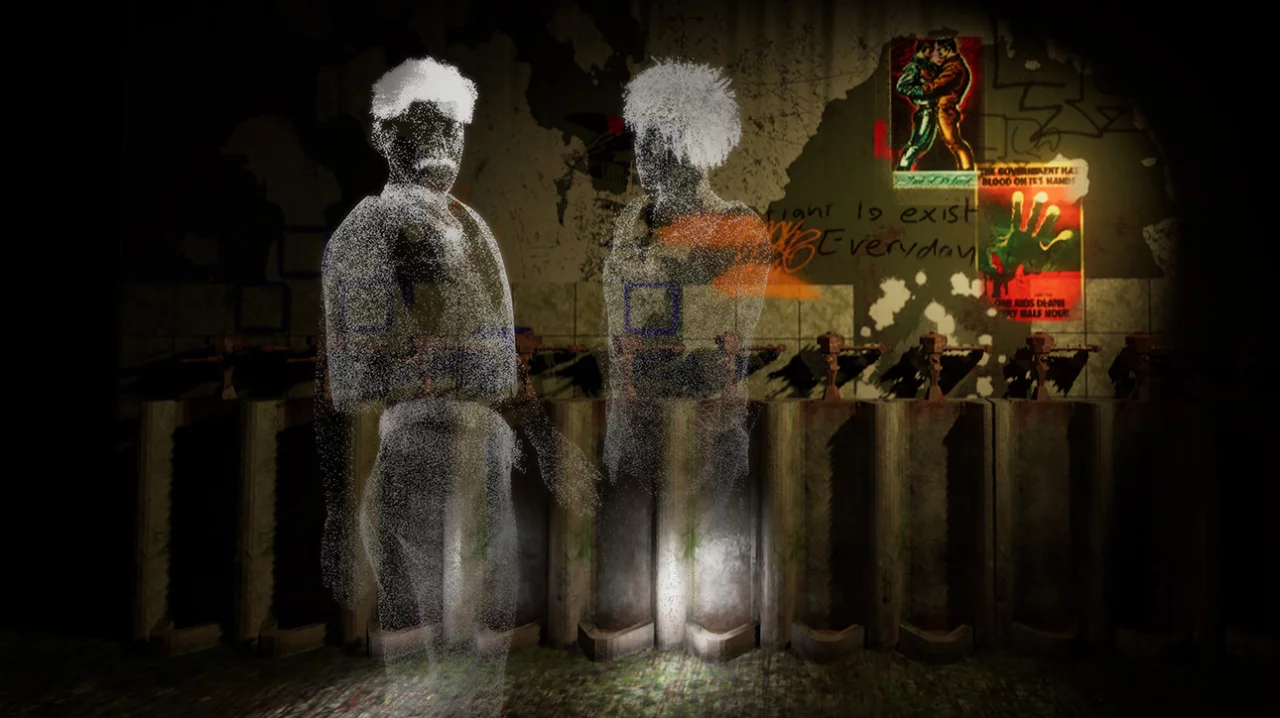




-1703683844.png?fit=max&w=800&h=724&q=90&fm=webp)
